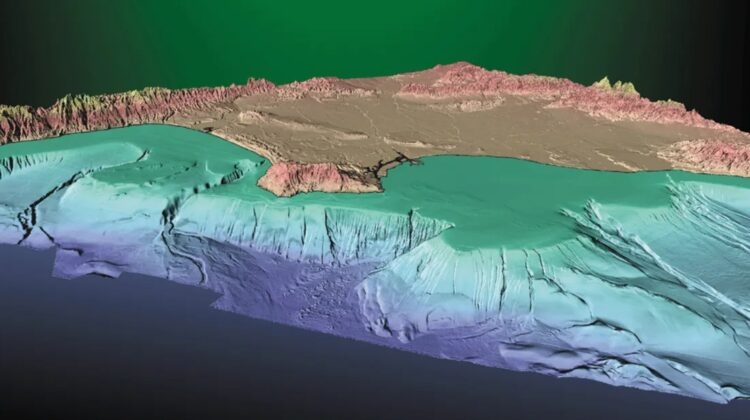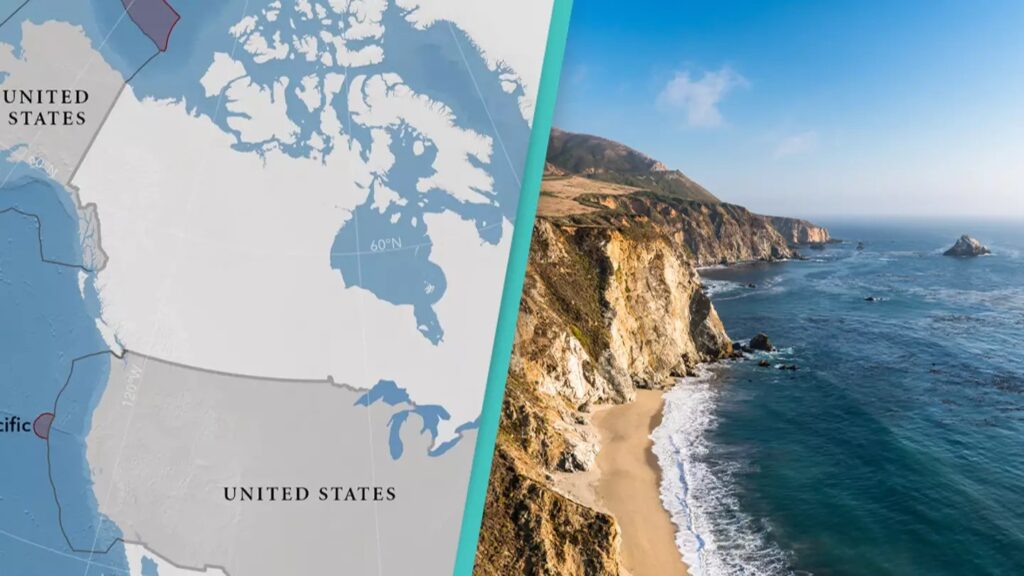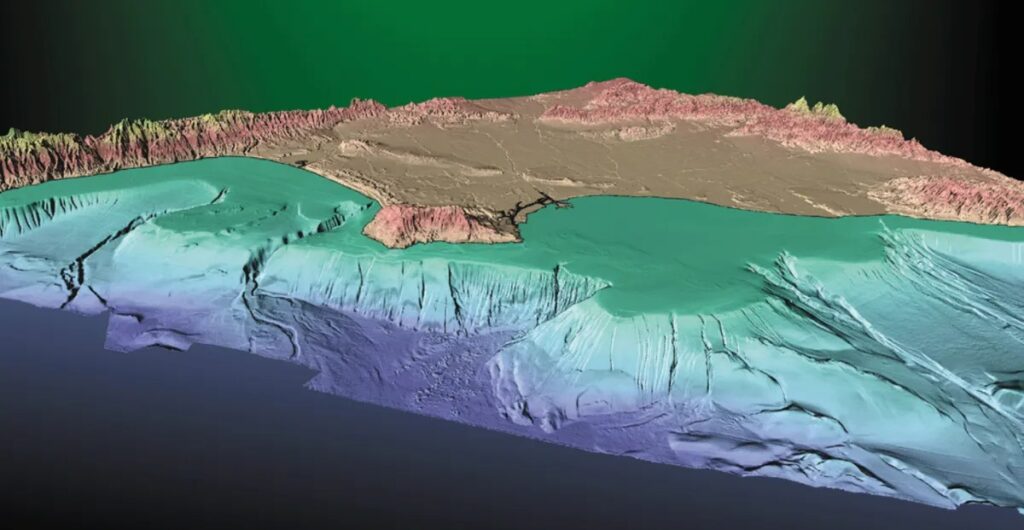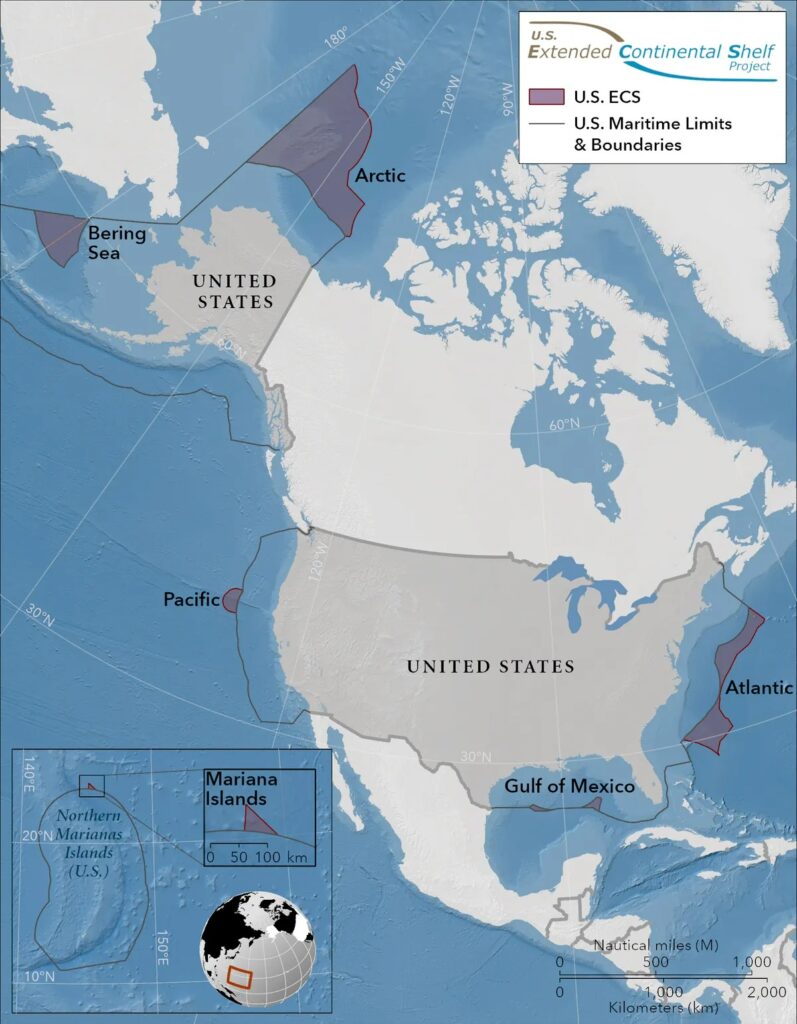
In a surprising turn of events, the United States recently underwent a significant expansion, adding 1 million square kilometers to its size – an area larger than Spain. Unlike fantastical scenarios involving geological upheavals or territorial invasions, this growth resulted from a strategic move by the United States to assert its jurisdiction over the ocean-floor territories surrounding its landmass.

This expansion revolves around the concept of continental shelves, portions of the seabed encircling large landmasses where the sea is comparatively shallow. According to international law, nations have the right to claim these continental shelves, granting them control over and access to the resources found therein.
While approximately 75 countries have previously defined their Extended Continental Shelf (ECS) limits – the region beyond 200 nautical miles from their coastlines – the United States had yet to do so until December 19, 2023. On this date, the U.S. State Department unveiled new geographic coordinates delineating their claimed ECS area.

This ambitious endeavor has been in the works since 2003, with U.S. authorities collaborating with entities like the NOAA, the U.S. Geological Survey, and 12 other agencies. The objective has been to collect geological data to establish the outer limits of the nation’s ECS.
The U.S. now asserts its ECS claims in seven distinct offshore areas: the Arctic, Atlantic (east coast), Bering Sea, Pacific (west coast), Mariana Islands, and two areas in the Gulf of Mexico. This sweeping declaration effectively adds 1 million square kilometers to the nation’s expanse.

Image credit: US State Department
Mead Treadwell, a former Alaska lieutenant governor and ex-chair of the U.S. Arctic Research Commission, likened the impact of this expansion to acquiring two Californias. He noted that while it may not rival historical events like the Louisiana Purchase or the acquisition of Alaska, it significantly augments the land and subsurface resources under U.S. control.
However, the legal implications of this move remain somewhat uncertain. To formalize the definition, the U.S. must submit data and reports to the United Nations Convention on Law of the Sea (UNCLOS). The caveat is that the U.S. has not ratified UNCLOS due to complex political disagreements, introducing an element of ambiguity regarding the international reception of this proposition.

Nonetheless, the U.S. stands to gain substantially from this declaration. The expanded ocean-floor territory, particularly in the Arctic Ocean, opens avenues for increased mining, shipping, and fishing, despite potential environmental concerns. Additionally, it holds implications for national security and global influence, echoing the sentiments expressed by Sir Walter Raleigh in the 17th century – “For whosoever commands the sea, commands the trade; whosoever commands the trade of the world, commands the riches of the world, and consequently the world itself.”

Leave a Reply